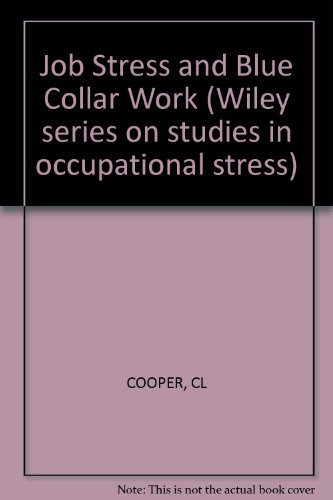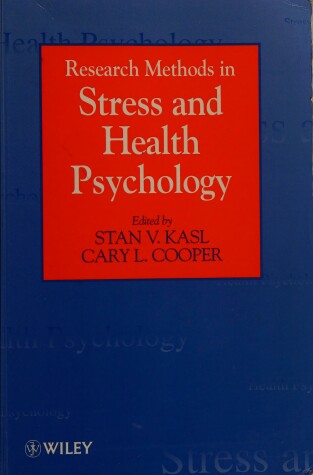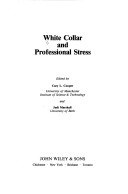Wiley series on studies in occupational stress
5 total works
Causes, Coping and Consequences of Stress at Work
by Cary L. Cooper and R.L. Payne
Published 27 July 1988
A collection of essays by a team of international researchers in the field of occupational stress. Each author focuses on research findings, theories, methodological issues and action for coping with stress at work, relevant to both individuals and to organizations. The major topics covered are: epidemiology of occupational stress; factors in the working environment; factors in the person; the interaction between the person and the environment; methodological issues. There are chapters on the effect of computers on office workers, industrial relations and stress at work and physiological studies of work stress. Professor Cooper is the author of "Psychosocial stress and cancer".
Blue collar workers are a group at 'high risk' from job stress and related illness. Machine pacing, work overload, shiftwork, the impact of new technology - these are some of the factors identified in stressful working conditions. The objective of this book is to examine current knowledge of these conditions and associated stress problems, and to suggest 'intervention strategies' to help alleviate, or reduce the effects of these conditions, as well as suggesting ways in which workers and managers can be helped to cope with job related stress. The book has been written by some of the foremost stress researchers and practitioners in this field and will be important reading for both students and teachers of applied and occupational psychology, together with personnel managers, occupational nurses, and medical practitioners.
Research into stress is growing by leaps and bounds but there has been little attempt to reflect on the variety of research methodologies employed, or on the future direction of research. This text equips researchers and practitioners in health psychology, medicine and human resources with background for a critical appreciation of the published research. It provides a critical overview of stress research methods in studies which include mental and physical health, and which are concerned with job and family settings and general life events. The roles of social support, coping, and Type A behavioural patterns are also examined. The volume represents a mixture of epidemiological, clinical, and social psychological perspectives.




